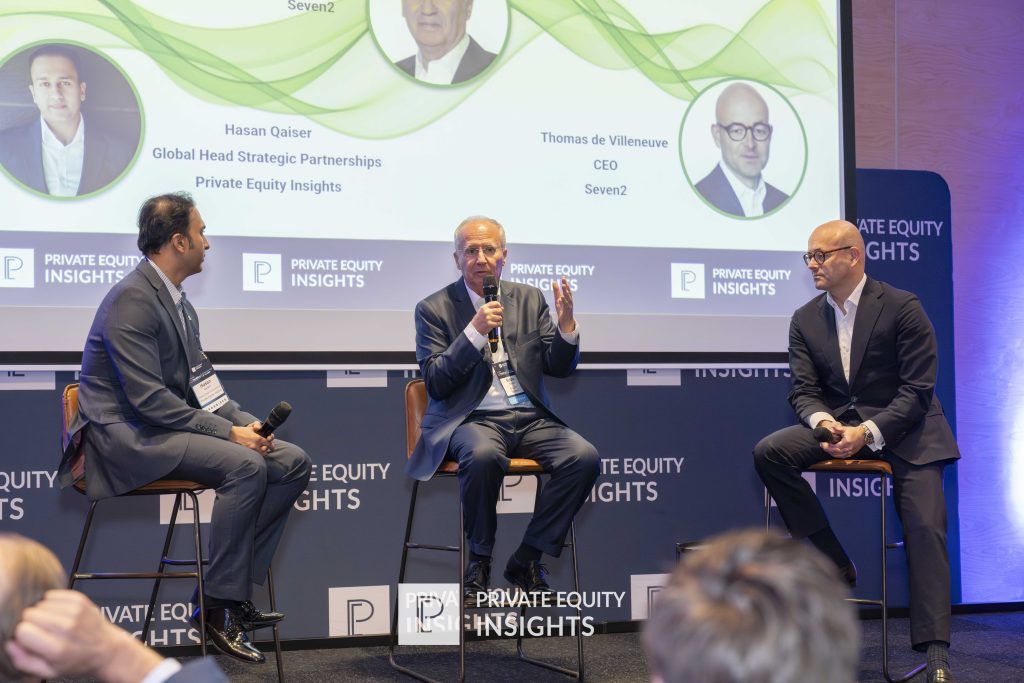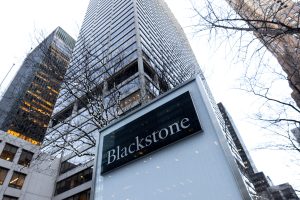Seven2’s smooth succession signals a new phase for Europe’s mid-market private equity


Leadership changes in private equity are often messy. Seven2’s was anything but. When Eddie Misrahi decided to step down after 15 years as chief executive, he chose to plan a transition designed to preserve the firm’s culture and credibility.
“Companies need different leadership at different stages,” he said during a fireside chat at the Benelux Private Equity Insights Conference. “When I took over, we moved from a founder-led firm to a real partnership. The next stage is to become more corporate.”
The decision to hand over to long-time partner Thomas de Villeneuve was made early, communicated clearly, and implemented gradually. “Eddie announced his plans at the start of the last fundraising cycle,” said de Villeneuve. “That gave us years to prepare, both operationally and structurally.”
The process required more than the transfer of management responsibilities. It involved revisiting the firm’s governance, rebalancing shareholding among partners, and reaffirming Seven2’s independence as a mid-market investor. “A good deal is one where no one is completely satisfied,” de Villeneuve said. “That’s how you know it’s fair.”
The rebrand from Apax Partners to Seven2, one of Misrahi’s defining moves, was equally pragmatic. It enabled the firm to expand beyond France and operate under a single European platform, which now manages more than $5bn across offices in Germany, Italy, and the Netherlands.
For de Villeneuve, the handover coincided with a turning point in the wider market. “The end of 2021 was the top of the cycle,” he said. “By early 2022, inflation, rising interest rates, and geopolitical shocks had reshaped the environment. This wasn’t just another downturn, it required a structural transformation.”
Sustainability, sector depth, and internal efficiency also form part of the firm’s framework for the next phase of growth. Seven2 plans to strengthen its presence in Germany, Italy, and the Netherlands rather than expand into new asset classes. “We don’t need to diversify into debt or infrastructure,” de Villeneuve added. “We can grow by being more systematic in what we already do well.”
Misrahi, meanwhile, has turned his focus to philanthropy, launching a private equity fund that directs 80% of its profits to the Brain Institute, supporting research on Alzheimer’s and other neurological diseases. “I’m more active now than before,” he said. “But the principle is the same: invest with purpose.”
Few private equity firms manage succession without disruption. Seven2’s example shows that continuity and renewal need not be opposites. If the process starts early, is handled transparently, and keeps long-term independence at its core.
by Andreea Melinti
If you think we missed any important news, please do not hesitate to contact us at [email protected].
Can`t stop reading? Read more.




